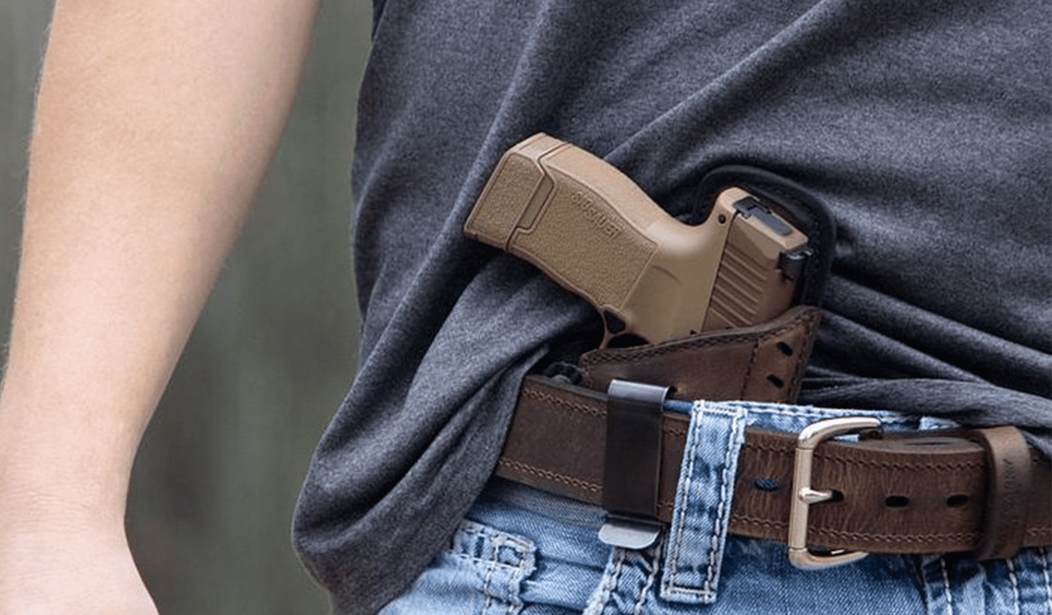Pennsylvania's ban on concealed carry for adults under the age of 21 is facing a federal court challenge, with the Second Amendment Foundation and three Pennsylvania residents serving as plaintiffs.
The lawsuit, known as Brown v. Paris, is a followup of sorts to an earlier case that dealt with the state's ban on bearing arms for under-21s. Earlier this year, U.S. District Judge William S. Stickman ruled in Lara v. Evanchick that three interlocking statutes effectively blocking 18-to-20-year-olds from carrying firearms outside their homes during a state of emergency was a violation of their Second Amendment rights. In late April, Stickman issued an order forbidding the commissioner of the Pennsylvania State Police to arrest "law-abiding 18-to-20-year-olds who openly carry firearms during a state of emergency declared by the Commonwealth".
That was a solid decision, but it didn't go as far as it could. Stickman left the current prohibition on granting concealed carry licenses to applicants in that age group intact, for instance, along with the ban on openly carrying firearms when no state of emergency is in effect.
Third Circuit Court of Appeals has already asserted that the words “the people” in the Second Amendment "presumptively encompass all adult Americans, including 18-to-20-year-olds", and found "no founding-era law that supports disarming people in that age group," Brown v. Paris should be a slam dunk decision.
The plaintiffs in the case are represented by Pennsylvania firearms attorney Joshua Prince as well as SAF executive director Adam Kraut, who says that the plaintiffs in this case are all young adults who have no criminal backgrounds and would like to procure a license to carry a firearm.
“However, the state law precludes them from carrying firearms, whether openly or concealed, in public for self-defense. Yet, a look back at history reveals young adults between 18 and 20 were fully protected by the Second Amendment at the time of its ratification. Indeed, at the time of the founding, young adults in this age group were actually required to keep and bear arms.”
It's a shame that Stickman's decision didn't settle this question once and for all. In an order handed down on April 24th, Stickman actually did tell the state police they couldn't deny an application simply because the applicant was between the ages of 18 and 20. The judge also informed the police commissioner that his department was enjoined from enforcing the statutes that prevent 18-to-20-year-olds from exercising their right to bear arms.
After Pennsylvania Attorney General Michelle Henry's office complained that Stickman's order "granted wider relief" than what was at issue in the case, and two days after his original order the federal judge modified it to only encompass open carry during a state of emergency.
Given that the Third Circuit says 18-to-20-year-olds possess the right to keep and bear arms yet under Pennsylvania law they can't obtain a license to carry, I don't see any good options for Henry when it comes to defending the status quo. I know it will never happen, but the best move Henry could make would be to decline to defend the statutes in question because of their clearly unconstitutional nature.
With the AG unwilling to take that step, the issue is likely to drag out for several more years, but an injunction that halts enforcement of the ban could come within a matter of months. I'm confident that Brown v. Paris will ultimately be decided in favor of the plaintiffs, and hopefully it won't take too long for gun-owning young adults to get the injunctive relief they're requesting.









Join the conversation as a VIP Member